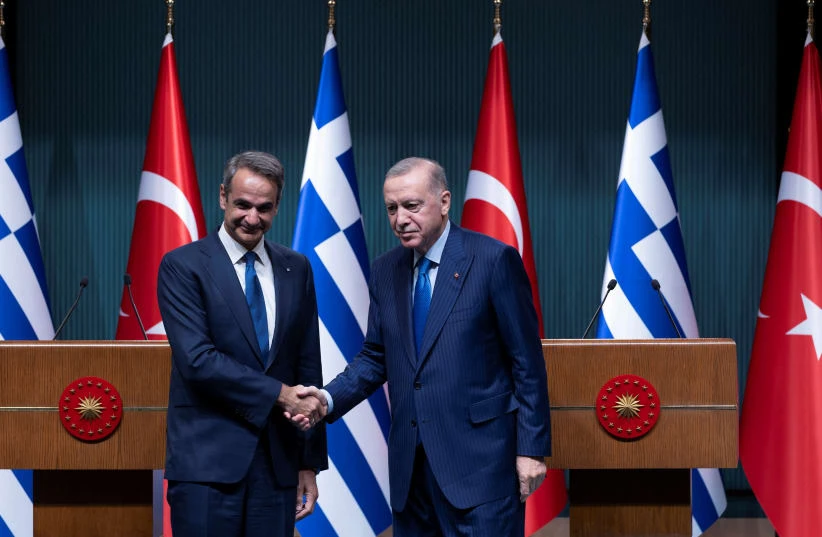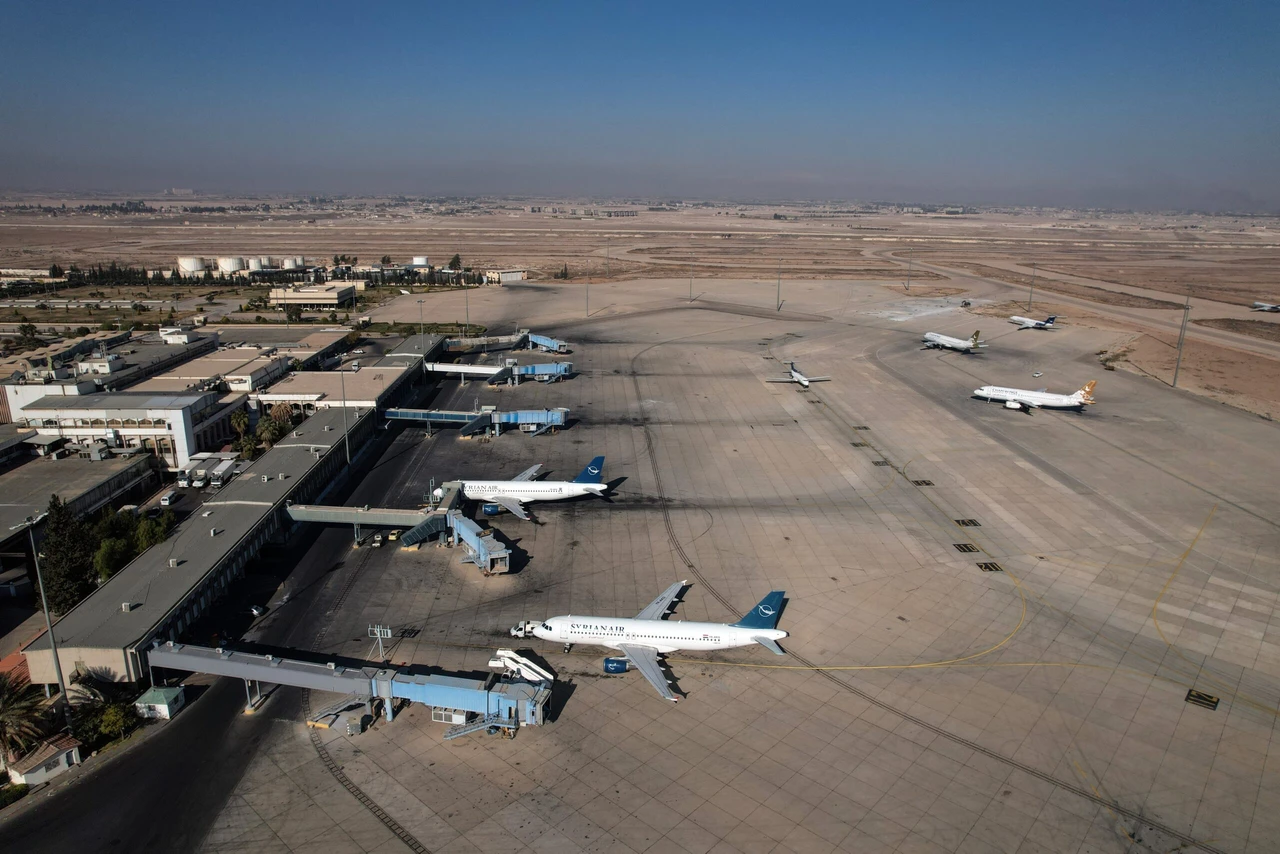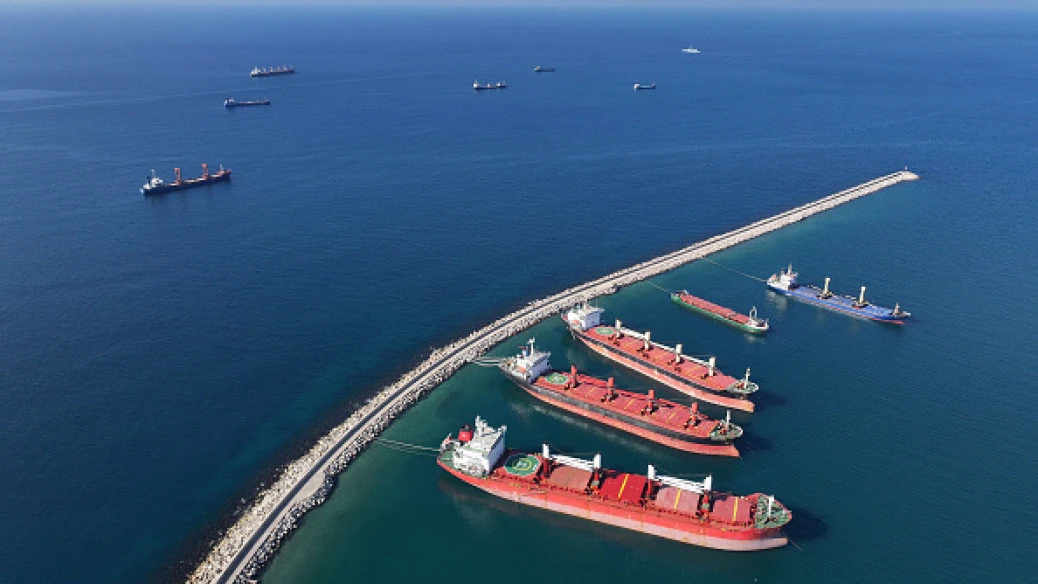Why did Türkiye, Turkish Cyprus react to Netflix series ‘Famagusta’?
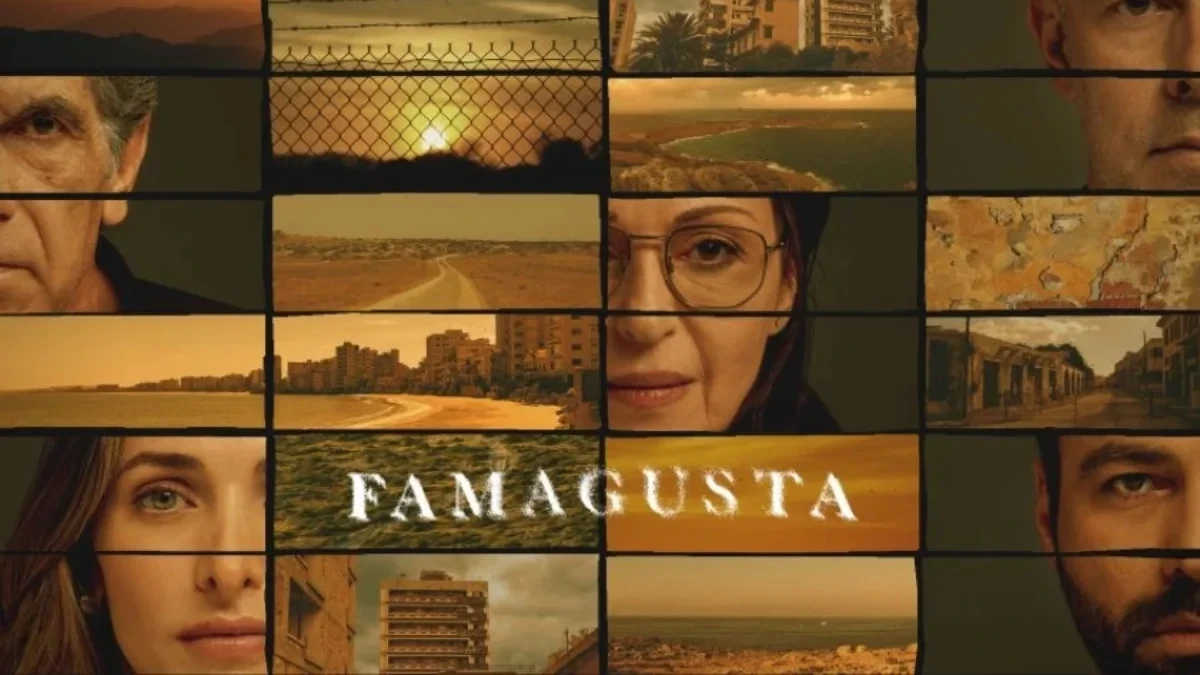 Poster for Netflix content of Famagusta.
Poster for Netflix content of Famagusta.
Türkiye and Turkish Republic of Northern Cyprus (TRNC) have expressed strong reactions to the news that the joint Greek-Cypriot production Famagusta will be released on Netflix on Sept.20.
The series, directed by Andreas Georgiou, falsely portrays events during the 1974 Türkiye’s Cyprus Peace Operation from the perspective of Greek Cypriots.
Many critics alleged the series distorts historical facts.
It will only be aired in Greece
Following the announcement, Türkiye’s Radio and Television Supreme Council (RTUK) confirmed that the series will be only aired in Greece.
The production titled “Famagusta” was met with reaction in the Turkish public opinion with its content against the “Cyprus Landing”, which is the epic of peace and heroism of our recent history.
The “Cyprus Peace Operation”, which aimed to defend the just cause of the Turkish Cypriots and rescue our persecuted compatriots, brought peace to the island within the framework of the law. The heroic Turkish soldiers brought peace and tranquility to Cyprus, the blood stopped flowing and the tears of the oppressed were wiped away. While the historical facts are obvious, it is an unacceptable mistake for some circles to come out with a movie that maligns Turks, our country and our heroic army with malicious intentions.
The production was previously broadcast on television in its country of origin and was subsequently licensed by Netflix.
As the organization that regulates and supervises digital broadcasting services in our country, our Supreme Council has held the necessary negotiations with the broadcaster Netflix and reached an understanding that the production will not be broadcast.
The production in question will only be included in the Netflix catalog in the country where it was previously broadcast (Greece) and will not be included in the catalog of Türkiye or any other country.
RTUK Statement

‘Netflix ignoring Turks who were massacred by EOKA terror organization’
Organizations and activists from the Turkish-American community also reacted after learning that Famagusta would be available on the streaming platform. They argue that the show misrepresents the history of the region. The Turkish-American Security Foundation (TASFO) President Fatih Ozonur took to social media to express the community’s frustration.
“We condemn Netflix for ignoring the Turks who were massacred by the EOKA terror organization on the island of Cyprus while portraying the Turkish army as an occupying force,” said Ozonur.
RTUK Chairman Ebubekir Sahin also stated, “Our Supreme Council, which regulates and supervises digital broadcasting in our country, has held discussions with Netflix, and it has been mutually agreed that the production will not be aired in Türkiye.”
“The heroic Turkish soldier brought peace and tranquility to Cyprus, the bloodshed stopped, and the tears of the oppressed were wiped away. It is an unacceptable mistake that some circles, with malicious intent, have come up with a film that denigrates the Turks, our country and our heroic army, while the historical facts are obvious.” Sahin also said.
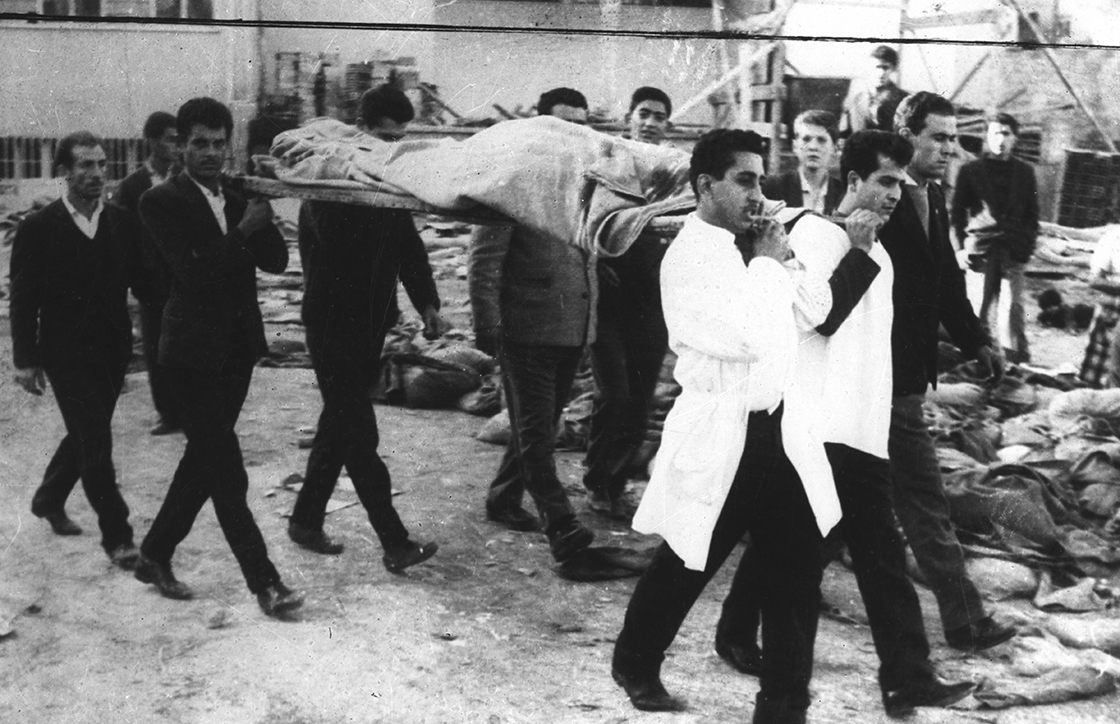
‘Turkish military ensures peace’
The series, which adopts the Greek name “Famagusta”, overlooks the atrocities committed by Greek militias against Turkish Cypriots prior to the intervention. It also fails to acknowledge the Turkish military’s efforts to protect civilians.
Meanwhile, the announcement has drawn criticism from many living in Türkiye and TRNC have expressed their disapproval, stating, “The Turkish military ensures peace and saved us from massacre and occupation.”
Following this announcement, numerous users have stated their intention to cancel their Netflix subscriptions in protest.
A Netflix content that distorts history
Meanwhile, the Ministry of Foreign Affairs condemned the series, stating that Famagusta distorts historical facts and serves as “propaganda for the Greek Cypriot Administration.”
The ministry noted that the series represents an attempt to misrepresent the events of the Cyprus Operation.
Deputy President Cevdet Yilmaz also criticized the series, recalling the actions of the Greek nationalist group EOKA, which targeted Turkish Cypriots. “The EOKA atrocities, which sought to eliminate Turkish Cypriots, were not a film but a reality,” Yikmaz stated.
“The Peace Operation has brought half a century of stability, and no propaganda can change the truth of the Turkish Republic of Northern Cyprus,” Yilmaz added.
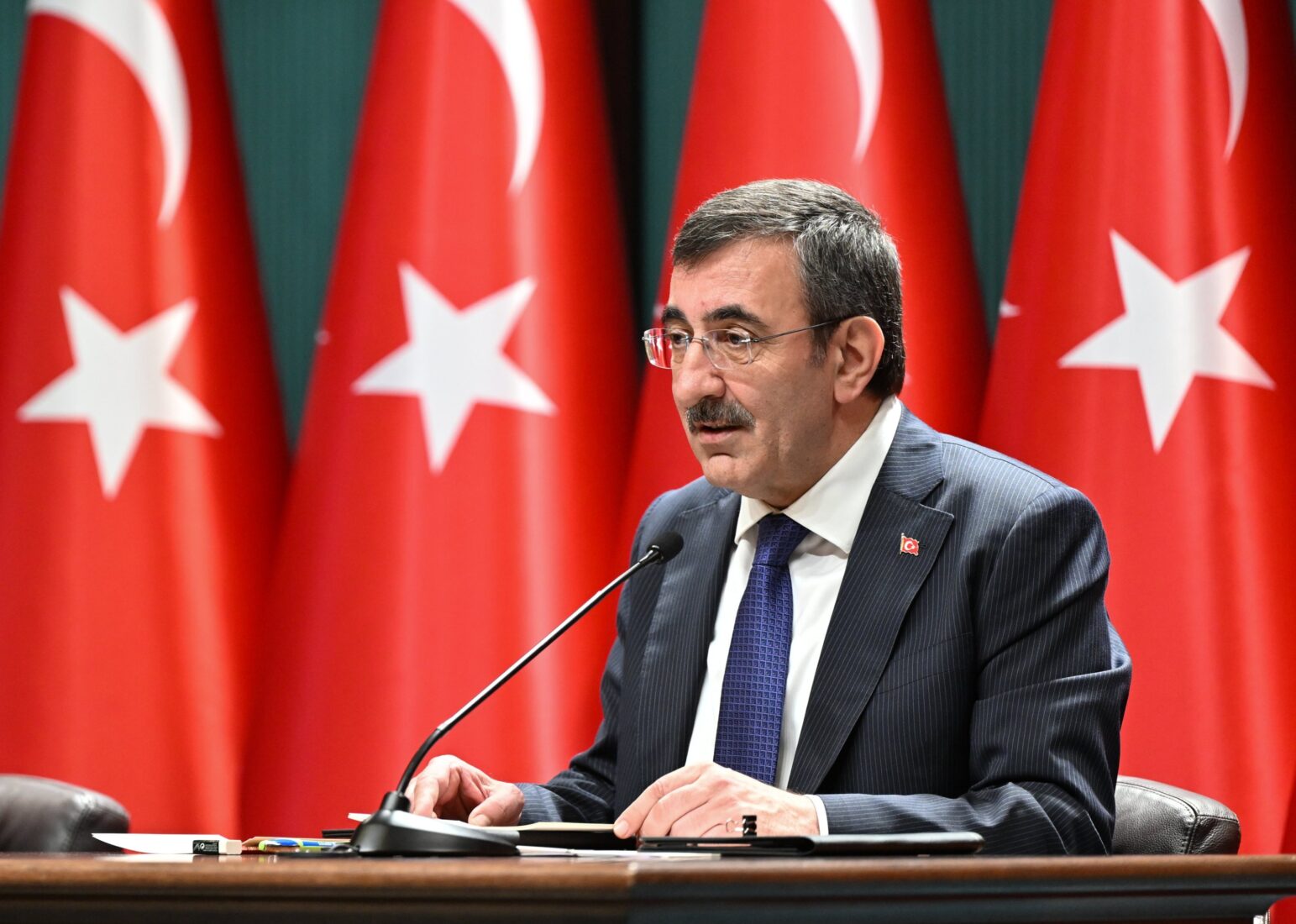
Turkish Cyprus calls Famagusta TV series propaganda
TRNC President Ersin Tatar also labeled Famagusta as “Greek propaganda” and criticized Netflix’s involvement in the project.
“It is a shame that an international platform like Netflix is being used for such propaganda,” Tatar stated in an interview with Ekol TV.
TRNC’s Foreign Ministry also released a statement regarding the issue, saying: “Historical facts which cannot be ignored include the atrocities perpetrated against the Turkish Cypriot people up until the inevitable intervention of Motherland Türkiye in 1974 deriving from her legitimate rights stemming from the 1960 International Treaties; the fact that the United Nations Peacekeeping Force was deployed on the island in 1964; as well as the massacres committed against the Turkish Cypriot people, whereby those who were lucky enough to survive were condemned to live in ghettos corresponding to 3% of the island.”
